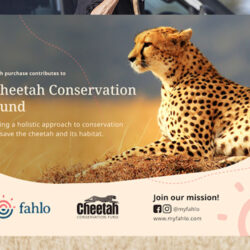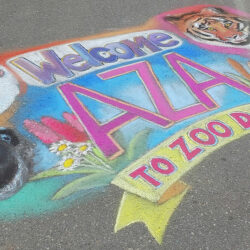Illegal Cheetah Trade at CITES CoP17 in Johannesburg
-

- by Patricia Tricorache October 5, 2016
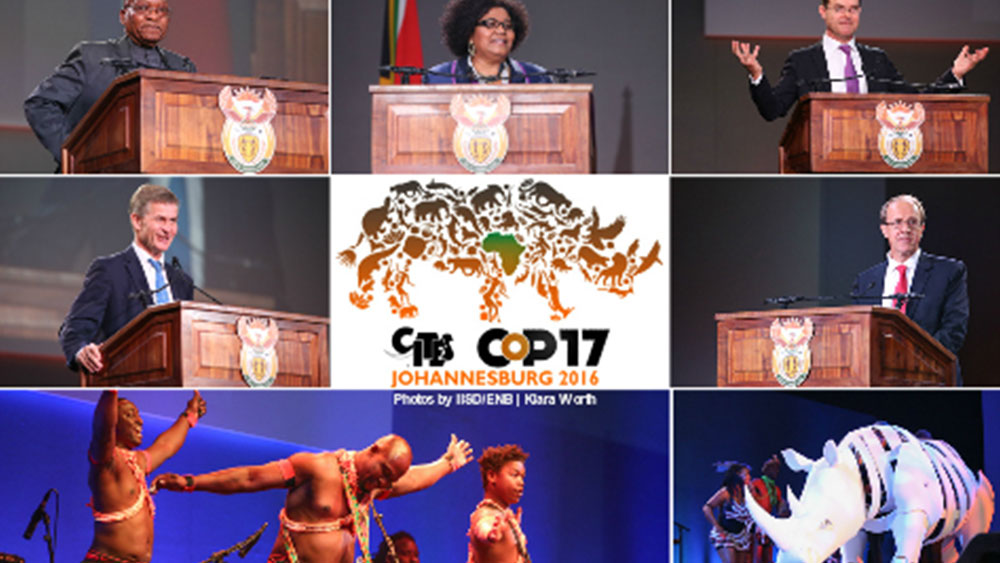
CITES, the Convention on International Trade of Endangered Species, just hosted its most important triennial event, the Conference of the Parties, or CoP. At its 17th edition, CoP17, 183 member countries, as well as concerned national and international non-governmental organisations, gathered in Johannesburg for nearly two weeks to discuss and vote on decisions that affect the most endangered species on earth. Both Dr. Laurie Marker and I represented CCF.
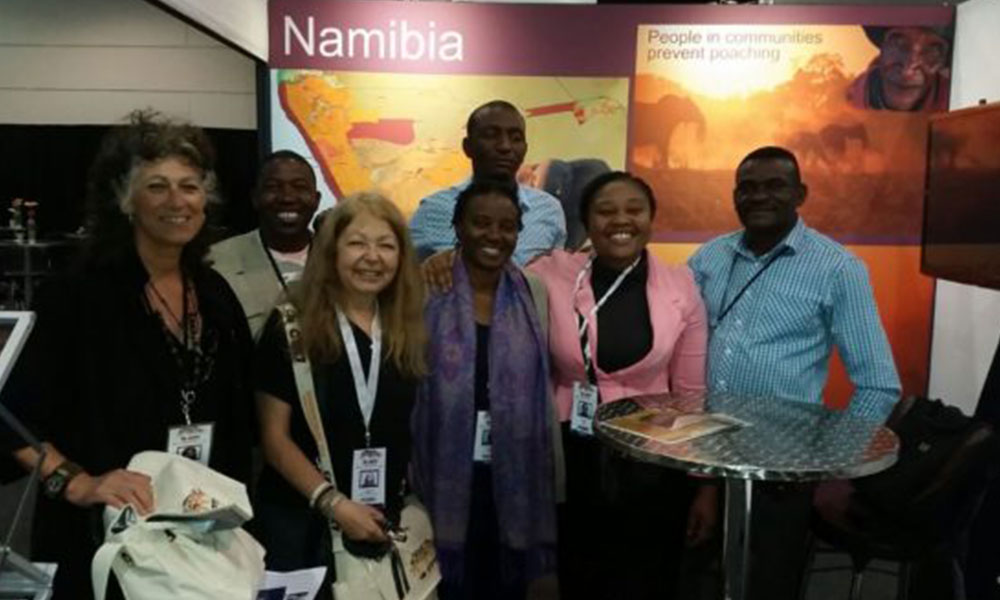
The cheetah was one of species the agenda items, as are other important species such as elephants, pangolins, lions, sharks and rhinos. Every one of these species deserve the attention.
Cheetahs face many threats, such as habitat loss, human-wildlife conflict and climate change. Their skins and bones are trafficked for traditional medicine or fashion. However, a little-known threat to this amazing cat is its trafficking for the illegal pet trade. It is estimated that ~300 cheetahs are being smuggled out of northeast Africa to become someone’s pets, and CITES is where this important issue has the best chance to be addressed. On the table were decisions that involved three important outcomes: the creation of a Cheetah Tool Resource Kit to support for enforcement personnel on cheetah identification and procedures in case of confiscations, the establishment of a Cheetah Forum that will allow the participation of all stakeholders including NGOs, and a very important one: engaging social media for support in stopping the practice of selling cheetahs online and raising awareness. All were unanimously adopted! (Click to view the CITES working document outlining decisions on the illegal trade in cheetahs)
This was the culmination of a three-year effort, with 11 member countries and eight NGOs, which participated in an inter-sessional working group chaired by the State of Kuwait. The group met at a workshop in Kuwait in November 2015 and issued recommendations to CITES for improved enforcement, communications and collaboration, the development of awareness campaigns for demand reduction, and collaboration for the placement of confiscated cheetahs. These were approved at the CITES 66th Standing Committee Meeting held last January in Geneva.
Emanating from that meeting were the decisions adopted at CoP17, which had been previously adopted by the Committee last week, with the support by the European Union, the United Arab Emirates, South Africa, and Zimbabwe, who reiterated the need for funding in order to implement them.
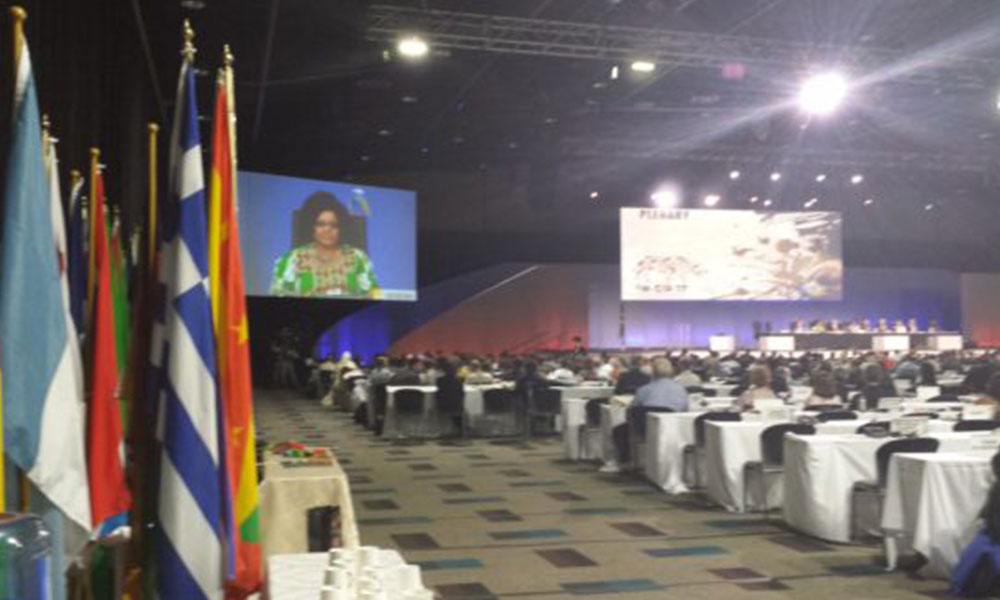
While decisions are adopted at Plenary sessions, the Committee discussion is where member countries and participating observers such as CCF can discuss concerns or express their support, or lack of it. To prepare for that important discussion and raise awareness among CoP17 participants, a side event was hosted by the Wildlife Conservation Society (WCS) and the Zoological Society of London (ZSL) was held the previous day. The programme included an update on cheetah populations by Dr. Sarah Durant (ZSL/WCS/IUCN); cheetah trade and efforts to combat it by representatives from Ethiopia, Somalia and the United Arab Emirates on behalf of the Gulf Cooperation Council States, and the status of cheetah in South Africa by Dr. Kelly Marnewick (Endangered Wildlife Trust – EWT). On behalf of CCF and our partners in this effort: the Born Free Foundation, EWT, IFAW, IUCN/SSC Cat Specialist Group, Panthera, Range Wide Conservation Program for Cheetahs and African Wild Dog, WCS, WWF, ZSL, I gave an overview on the illegal cheetah trade from an NGO perspective. Over 70 people were in attendance, and numerous media articles were generated leading to and following the event.
This was a week that will transform the future of many species. This was a week when the cheetah had a voice, and this voice sounded loud and clear: the illegal trade in cheetahs must stop. We are looking forward to working with member countries, enforcement and non-governmental organisations to make sure that the cheetah continues to amaze future generations with its speed and grace.
Related Reading
-
September 2, 2025
A New Way to Follow the Fastest Cat on Earth -
September 27, 2024
Representing the Cheetah at the AZA Conference


